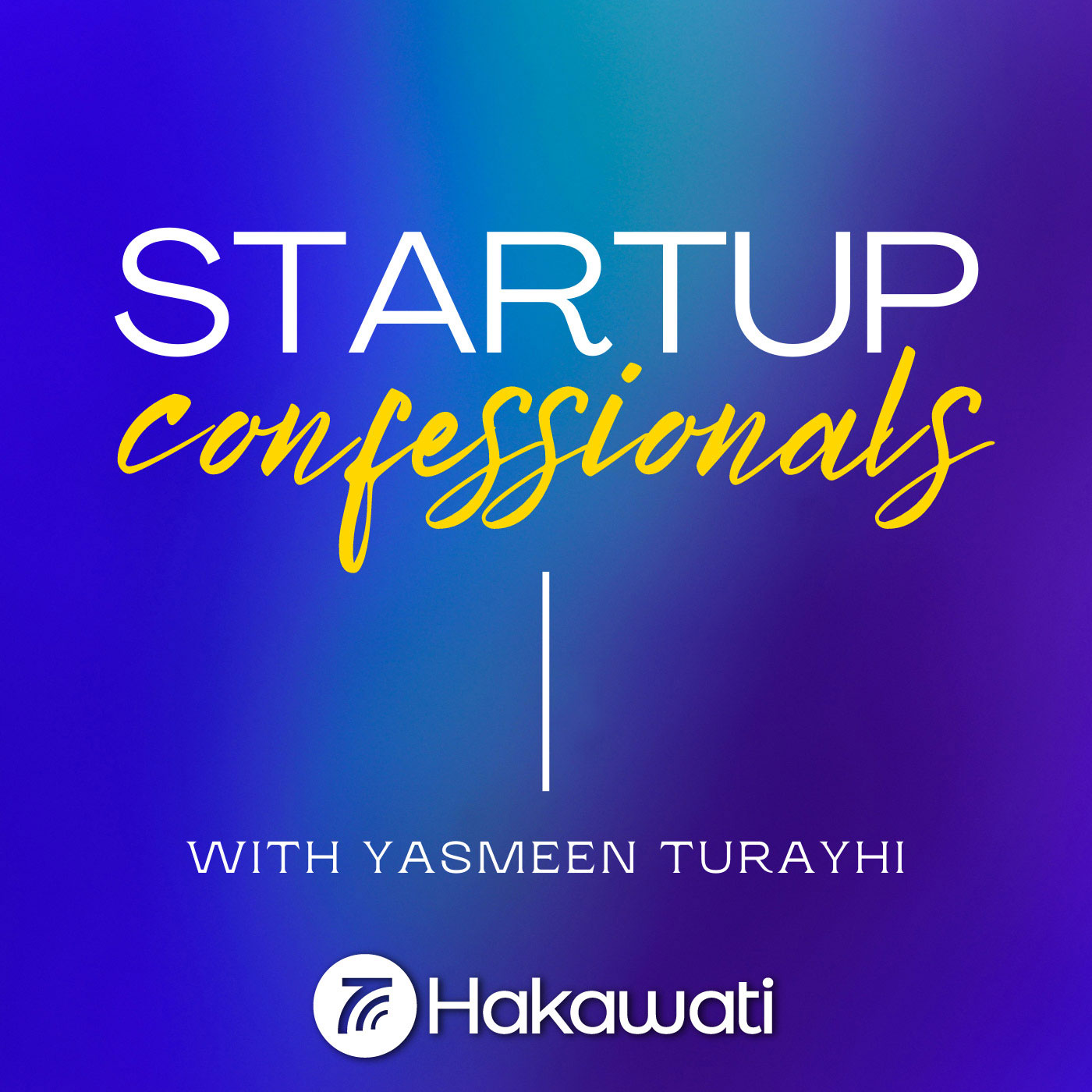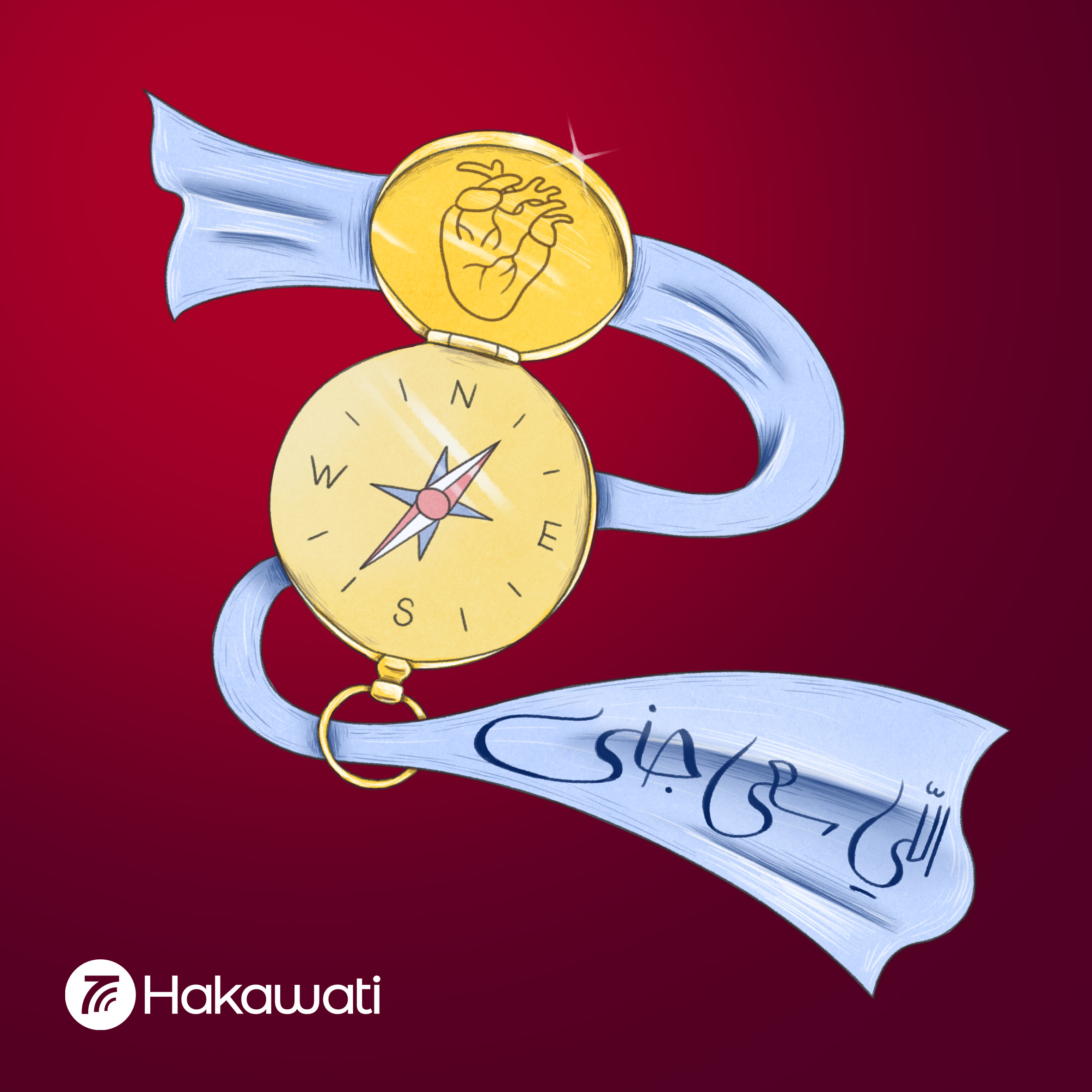Podcasts see more
Latest Episodes see more
Apr 23, 2024
في هذه الحلقة، نتعمق في العوامل التي يمكن أن تحول المتعة الذاتية للرجل إلى مصدر قلق.
Apr 23, 2024
غالبًا ما نتحدث عن الأمومة والتحضير للأمومة. دون أي تخفيف من أهمية هذا الدور، في هذه الحلقة نتحدث مطوّلاً عن الأب والأفكار والمشاعر التي ترافق الرجل وهو يأخذ دور جديد في حياته. للحديث عن الموضوع ينضم إلينا جوليان غندور الذي يشاركنا أفكاره ومشاعره في هذه الفترة التي يتحضر فيها ليصبح أب.
Apr 22, 2024
تحدث عمليات الإعجاب السرية (الكراش) طوال الوقت تقريبًا في فكرنا، مما يدفعنا إلى الشعور بالنشوة والألم في آن واحد. فكيف يتم التعامل مع الكراش؟ IG: https://www.instagram.com/janaboureslan/ Tiktok: https://www.tiktok.com/@drjanaboureslan FB: https://www.facebook.com/JanaBouReslan?mibextid=LQQJ4d
























